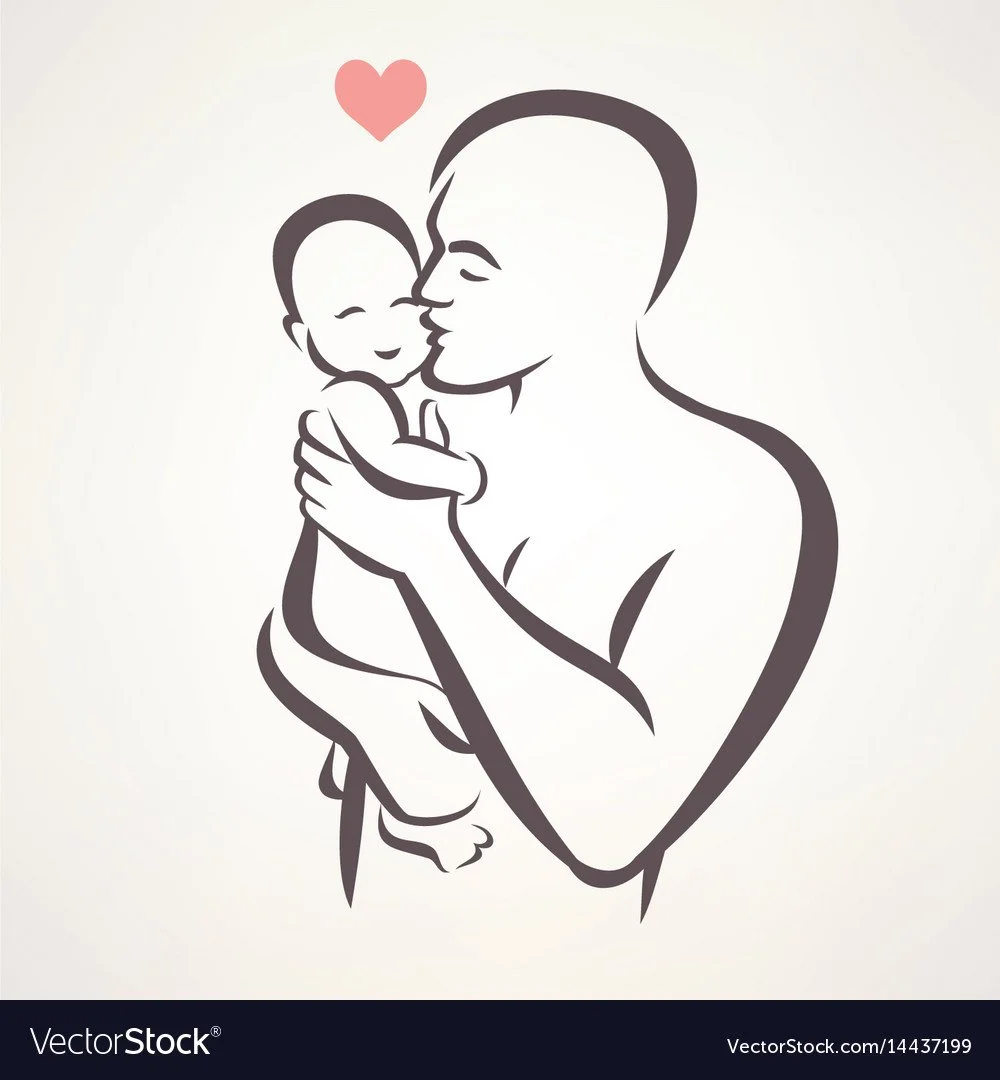The Silent Struggle
Understanding How Postpartum Affects Men
When we think of postpartum struggles, the image that often comes to mind is that of a new mother navigating the challenges of childbirth, sleepless nights, and the emotional roller coaster that can follow. While it's crucial to recognize and support the well-being of mothers during this delicate period, it's equally important to shed light on how postpartum affects fathers.
The postpartum period is commonly associated with hormonal fluctuations and emotional challenges for new mothers, but fathers can also experience a range of emotions and stressors that may be overlooked. As a couples therapist, I've seen firsthand the impact that this significant life transition can have on both partners, and it's essential to acknowledge and address the unique challenges faced by men.
Changing Roles and Responsibilities
The arrival of a newborn often brings about a shift in roles and responsibilities within the household. While mothers may grapple with the demands of breastfeeding and postpartum recovery, fathers may find themselves navigating new expectations and pressures related to providing support, both emotionally and practically. Adjusting to these changes can be overwhelming for men, as they strive to balance their partner's needs, their own responsibilities, and the desire to be actively involved in parenting.
Emotional Challenges
Men, like women, can experience a range of emotions during the postpartum period. Anxiety, stress, and feelings of inadequacy are not uncommon. The pressure to be a supportive partner, provider, and caregiver can contribute to emotional strain. It's important for men to recognize and express their feelings openly, seeking support from their partners, friends, or professionals when needed.
Sleep Deprivation
The challenges of sleepless nights and disrupted sleep patterns are not exclusive to mothers. Fathers, too, can feel the effects of sleep deprivation, impacting their ability to function optimally at work and at home. Lack of sleep can contribute to heightened stress levels and emotional sensitivity, making it crucial for couples to communicate openly about their needs and find strategies to share parenting responsibilities.
Identity Shifts
The transition to parenthood often brings about significant identity shifts for both partners. While mothers may grapple with changes in their bodies and sense of self, fathers may face their own internal struggles. Adjusting to the new title of "dad" and finding a balance between personal aspirations and family responsibilities can be a complex process that requires understanding and support.
Relationship Dynamics
The arrival of a baby can impact the dynamics of a romantic relationship. Increased stress, changes in intimacy, and shifts in priorities can strain the connection between partners. It's crucial for couples to maintain open communication, express their needs and concerns, and actively work together to navigate these changes while prioritizing the health of their relationship.
Seeking Support
Just as new mothers benefit from support networks, fathers too should seek support and understanding during the postpartum period. Encouraging open communication, attending parenting classes together, and reaching out to friends or family for assistance can help fathers feel more connected and better equipped to handle the challenges of parenthood.
The postpartum period is a transformative and challenging time for both mothers and fathers. By acknowledging and addressing the unique struggles faced by fathers, couples can work together to strengthen their relationship, foster mutual understanding, and ensure that both partners receive the support they need to navigate the joys and complexities of parenthood.
Written By: Crystin Nichols MS, RMFTI

